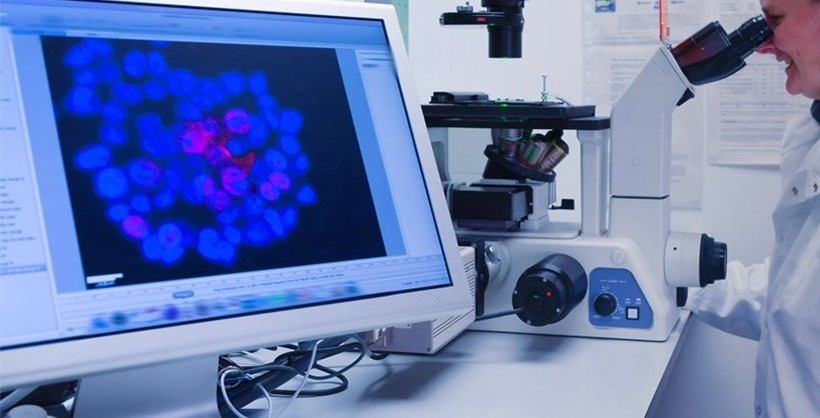Scientists have won an important battle in the war against cancer, Greek specialists in blood cancers said following the announcement of the extraordinary results of a revolutionary cancer treatment in early trials involving terminally ill patients.
Speaking at the annual meeting of the American Association for the Advancement of Science in Washington, D.C. immunotherapy researcher and oncologist Dr. Stanley Riddell said that ““This is unprecedented in medicine, to be honest, to get response rates in this range in these very advanced patients.”
More than nine out of ten participants with a severe form of leukaemia saw their symptoms completely vanish.
Four out of five patients with some other blood cancers responded positively to the treatment and more than half ended up symptom free.
The technique involves the removal of immune cells called T-cells from patients and tagging them with “receptor” molecules that target cancer. Then, they are put back into the patient in an infusion. The targeting molecules, known as chimeric antigen receptors or Cars, came from specially bred genetically engineered mice. Once attached to the T-cells, they reduce the ability of the cancer to shield itself from the body’s natural immune system.
“This treatment involves genetic modification of patient’s T-cells so that they can selectively target the cells of leukemia, lymphoma or other blood cancers,” said Achilleas Anagnostopoulos to protothema.gr. Mr. Anagnostopoulos is Director of Hematology and Transplant Clinic of Papanikolaou hospital and president of Hellenic Society of Gene Therapy and Regenerative Medicine.
However, as Mr. Anagnostopoulos stated, the new treatment will not be a first-line treatment for patients with blood cancers, but it will have very concrete indications. “Based on the results of the clinical trials conducted up to now, this treatment is administered to patients with hematologic malignancies who have either relapsed or had unsuccessful bone marrow transplantation, ie patients resistant to disease treatment”.





































